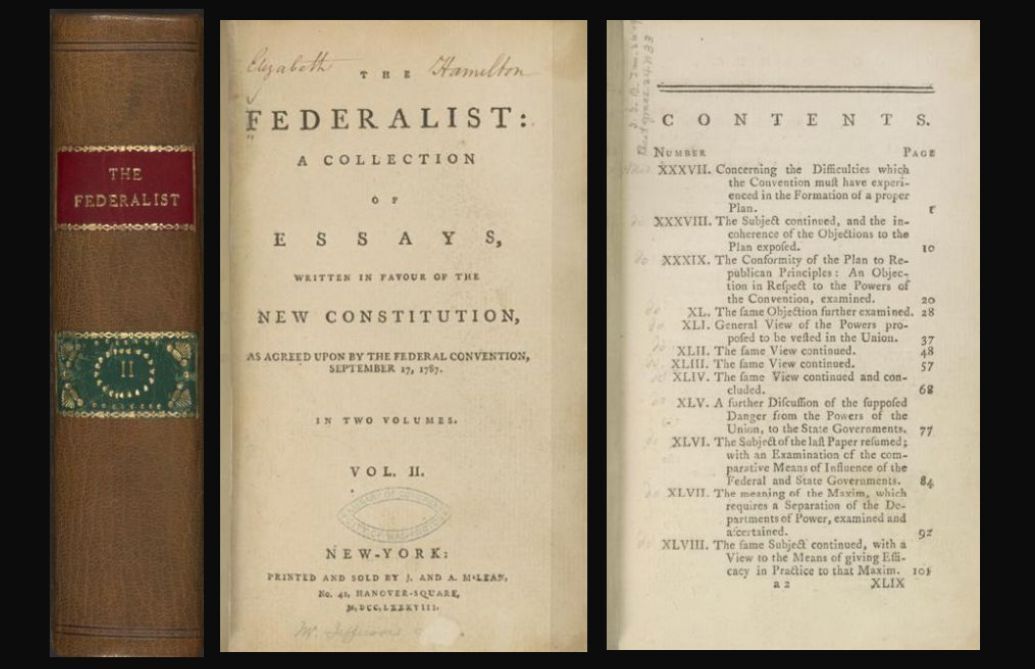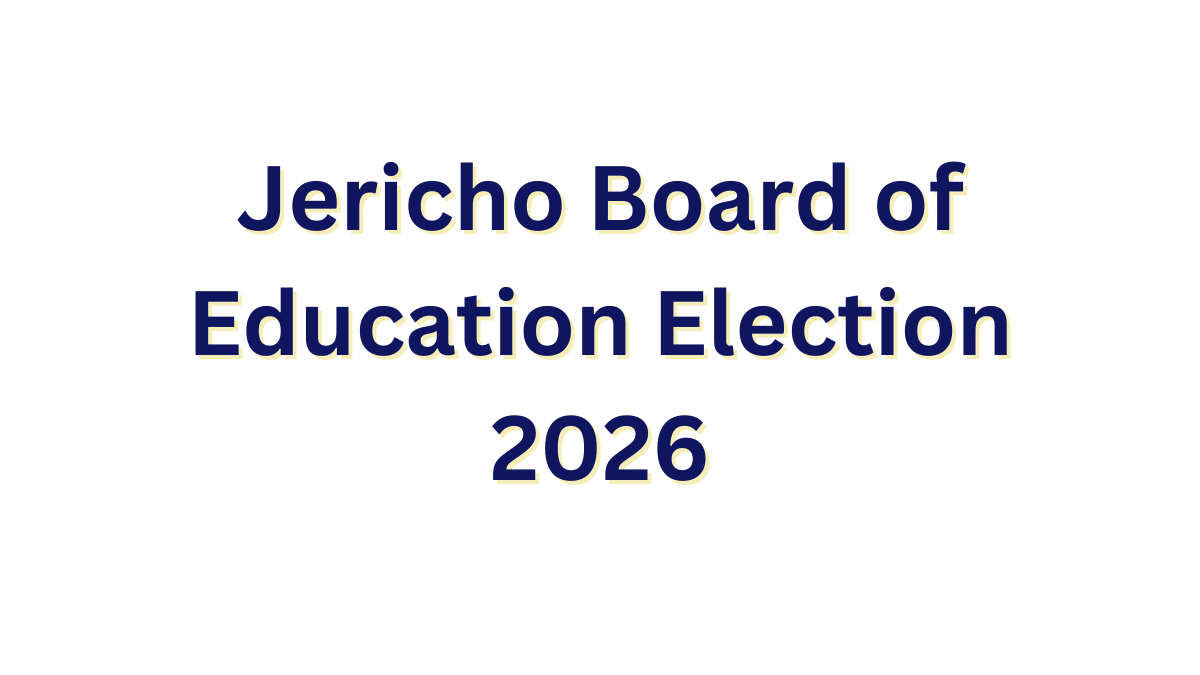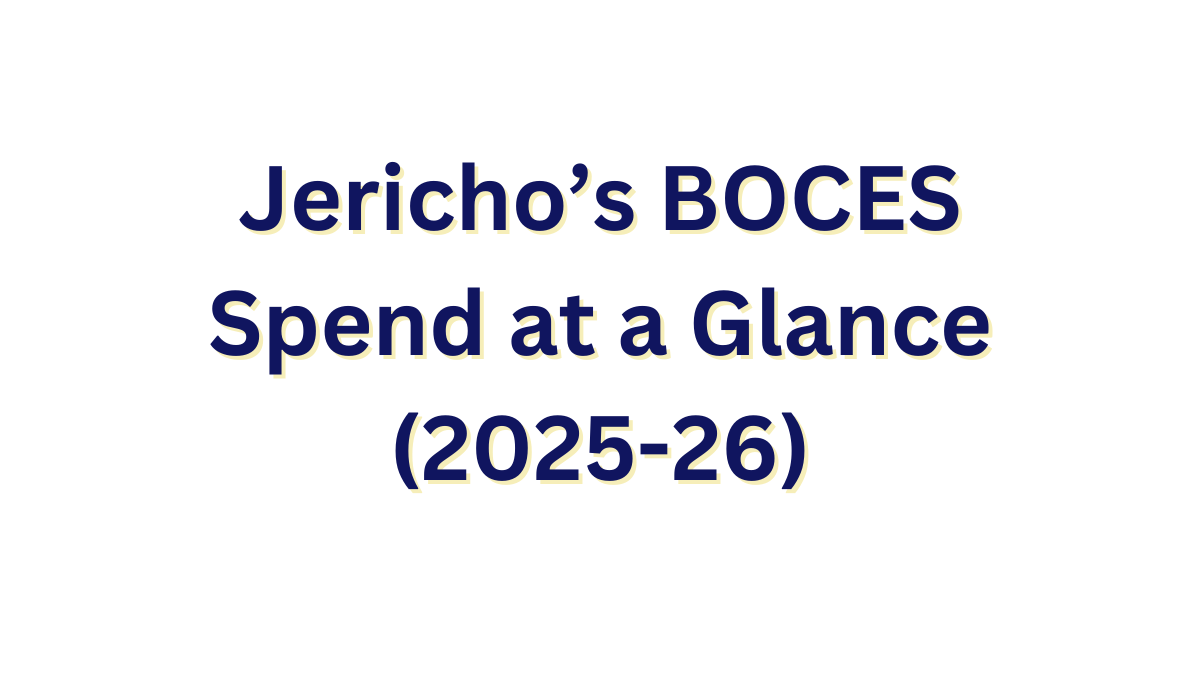Last night, a Jericho parent publicly suggested that the school district adopt a policy to ban anonymous emails, anonymous public comments, and input from non-district residents. The underlying message was clear: only identified, geographically approved voices should be allowed to speak — especially when it comes to school board decisions.
This wasn’t just a throwaway comment. It was a response to criticism surrounding a deeply flawed proposal to rename one of our elementary schools — criticism that was detailed in a widely circulated article titled “False Equivalence and Flawed Logic”.
But let’s call this what it really is: an attempt to control the conversation by limiting who gets to speak. And it’s not just tone-deaf — it’s profoundly anti-democratic.
A History Lesson for Those Who Slept Through It
If anonymous speech makes some people uncomfortable, they may want to revisit The Federalist Papers — arguably the most influential political writings in American history. These 85 essays, written between October 1787 and May 1788, were entirely anonymous at the time of publication.
They were signed “Publius,” a pseudonym chosen to honor Publius Valerius Publicola, a Roman who helped found the Republic after toppling monarchy. The authors? Alexander Hamilton, James Madison, and John Jay — three intellectual giants and Founding Fathers.
They didn’t hide behind anonymity because they were cowards. They did it because they understood something vital: ideas should be judged on their merit, not the identity of the speaker. They recognized that personal reputations, affiliations, or public perception could cloud public judgment. By remaining anonymous, they allowed the arguments to take center stage — not the authors.
These essays debated the very foundation of our republic — federalism, separation of powers, checks and balances, the structure of government — and laid the intellectual groundwork for the ratification of the U.S. Constitution.
Now imagine someone proposing a rule in 1788 that banned anonymous contributions to the national dialogue. The Federalist Papers would’ve been dismissed, silenced, or disqualified.
The Constitution might not have been ratified.
This is the tradition that anonymous speech comes from — not rumor mills, not trolls, not keyboard warriors, but the intellectual DNA of American democracy. Anyone trying to silence anonymous input today isn’t just missing the point — they’re actively rejecting the very freedoms they benefited from in high school history class.
Anonymous Speech Is a Constitutional Right
Beyond the historical precedent, the Supreme Court has affirmed time and again that anonymous speech is protected speech. In McIntyre v. Ohio Elections Commission (1995), the Court ruled explicitly that the right to speak anonymously is embedded in the First Amendment — particularly when it comes to political discourse.
So, when someone proposes a policy to bar anonymous comments or feedback at public meetings, they’re not suggesting “civility.” They’re suggesting unconstitutional suppression.
Wanting to know who’s criticizing your ideas is natural. But trying to write that desire into official policy? That’s dangerous.
When Speech Goes Anonymous, Ask Why
Critics of anonymity often say, “If you believe what you’re saying, you should put your name on it.” But that argument ignores the very real fear of retaliation — social, professional, or academic. In a community as tight-knit as Jericho, people protect their names because they’re protecting their children, their jobs, or their reputations.
Anonymous speech isn’t cowardly. It’s often the only safe way people feel they can speak truthfully — especially when calling out decisions made by those in power.
Who Counts as a Stakeholder?
The proposal also included banning public comment from non-district residents — a move that’s just as exclusionary and absurd. Stakeholders in public education go far beyond mailing addresses.
- What about alumni who went through the district and care deeply about its future?
- What about teachers and staff who live elsewhere but devote their careers to Jericho students?
- What about split households or extended families helping raise Jericho kids?
- What about former residents with decades of investment in the community?
To pretend that these people should be silenced because their ZIP code changed is bureaucratic gatekeeping dressed up as policy.
This Isn’t Just a Policy Idea — It’s a Warning Sign
Speech that challenges power — even when anonymous, even when inconvenient — is the purest form of civic engagement. The real threat isn’t coming from pseudonyms or out-of-district critics. It’s coming from those who want to silence them.
The moment we begin crafting policies to suppress speech — not because it’s false, or dangerous, or defamatory, but because it’s uncomfortable — we’re not protecting our community. We’re protecting egos.
And we’re sending a chilling message to anyone who might dare speak up next.
A Final Thought for Jericho
This district is known for its excellence — not just in academics, but in open dialogue. We’re not afraid of ideas. We’re not afraid of debate. And we certainly shouldn’t be afraid of criticism.
When community members raise concerns — anonymously or otherwise — our job isn’t to silence them. It’s to listen. To reflect. To respond with integrity and substance.
The solution to discomfort is not censorship. It’s courage.
Let’s not fail the next generation by teaching them that only certain voices matter, or that democracy is only for the named and neatly zoned. Let’s show them that leadership means facing critique — not erasing it.
Because in Jericho — and in America — you don’t get to rewrite the rules just because you’re losing the argument.


